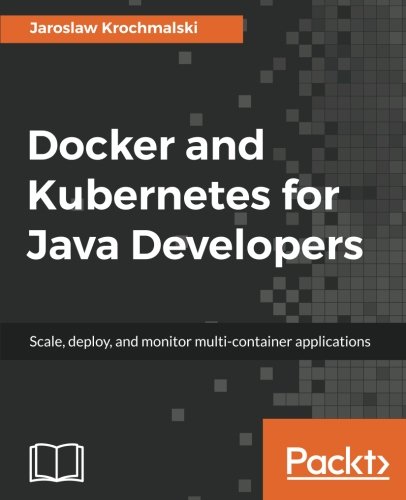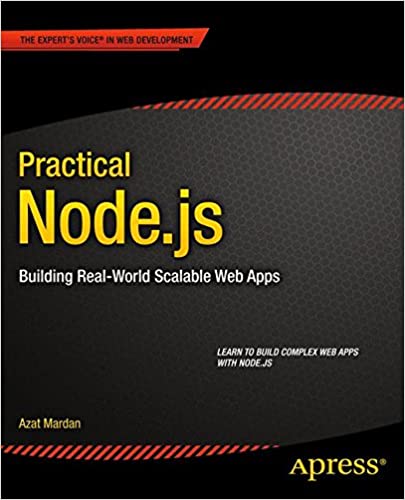; Date: Wed Aug 11 2021
Tags: Make Money Online »»»» Writing online »»»»
Most content creator platforms have maintained control over the subscribers to each Creator. Any notifications are sent by the the content platform, are completely branded by the platform, and serve the platforms purpose. The content creator hasn't been in control over when notifications are sent, what are in the notifications, nor can the content creator export the list of subscribers to use on another platform. Today, Medium.COM changed that arrangement, by allowing readers to subscribe to e-mail notifications from specific writers, and by giving writers in the Medium Partner Program more tools for directly contacting those who subscribe to content.
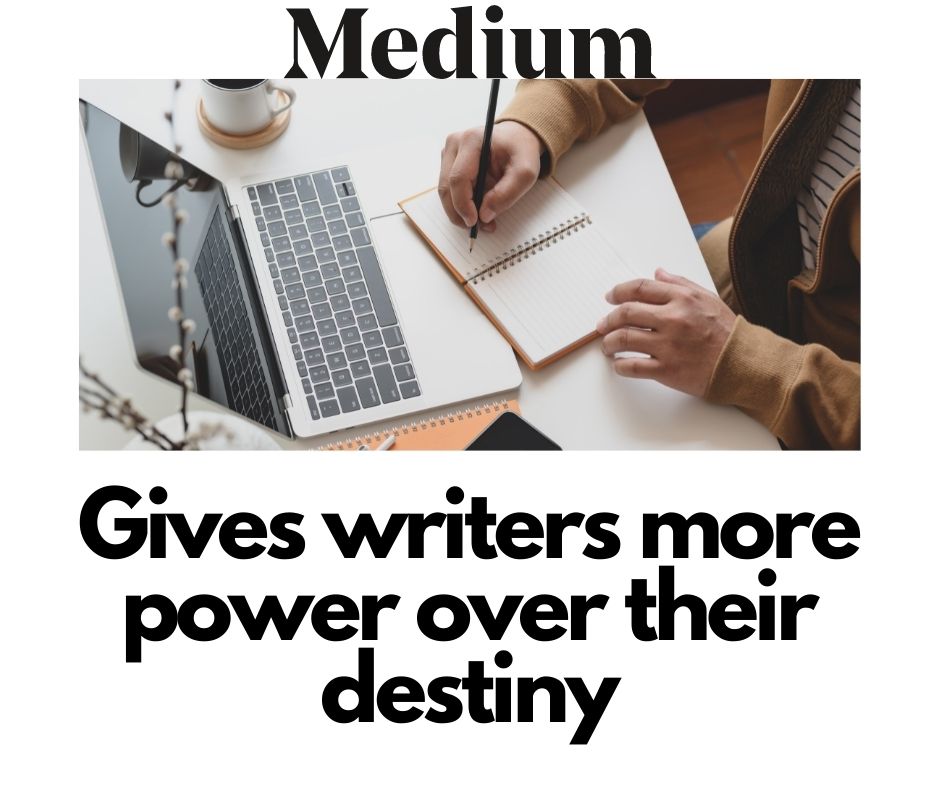
A couple weeks ago I wrote about the general problem: Content platforms (Medium, YouTube, etc) are rigged against individual creators
Namely, every content creator platform (YouTube, Medium, etc) is maintaining strict control over when or how notifications are sent regarding new content. This pattern gives the content platform owner lots of control over the possibility of achieving success as a content creator. This issue of sending notifications is only one aspect. Other issues include ever-changing monetization policies, or policies regarding how visible individual creators are on the platform.
What Medium has announced is:
- Adding a new button - Subscribe - next to the Follow button, which enrolls the reader to receive e-mail notifications of new content.
- Giving writers a new content block, that will appear at the bottom of posts, titled Get an email whenever AUTHOR-NAME publishes.
- Writers can opt to use Medium for sending notifications, or use a 3rd party notification service
- Writers can export the list of their subscribers to use in other notification services
This will give Writers on Medium important tools for connecting with their audience. We will now be able to say Our Audience rather than pray and hope that Medium deigns to amplify our stories, or rather than beg a Publication to publish our stories.
What the reader see's is this new button:

Previously there was only the Follow button. Medium turned that into a daily notification e-mail, glomming together updates from multiple sources. The new button is shaped like an envelope, and lets readers directly subscribe to notifications from the author.
For the writer, on their Statistics page is a new button:

Clicking on this leads to a dashboard detailing important information about one's audience.
For example, I now have access to clearly stated data about the number of "followers" to my Medium account. This is a table showing monthly statics about the number of followers, how many are "e-Mail subscribers", and the growth in both.
In the Settings area is a new section, Audience Development, looking like this:
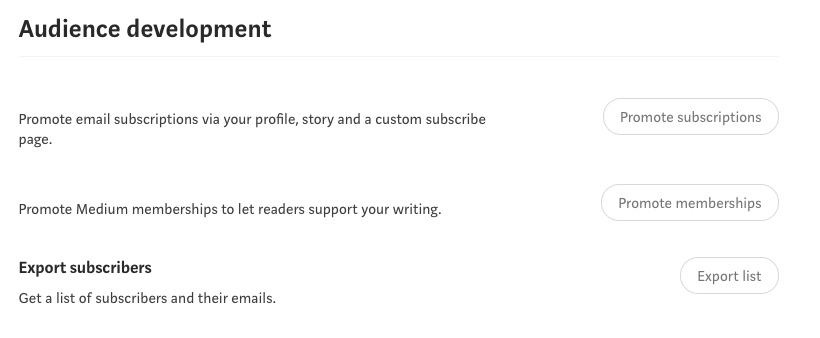
These buttons let you control whether your articles will promote a) Membership with Medium.COM, or b) Subscribing to your content. Simply click the buttons for whichever you wish to promote. The third button lets the writer export their list of subscribers.
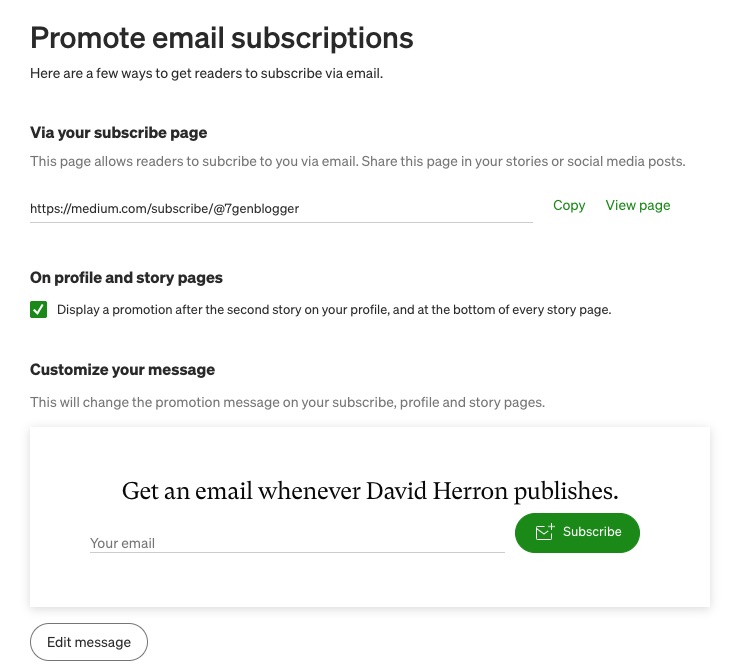
How do these changes give Writers more control?
Over the last few years it's seemed that policy changes at Medium.COM were not aimed to help individual Writers, but to instead give preferential treatment to the Writers that are already more significant than others. Part of my rationale is the shifting policies around Medium Publications where the Medium-owned Publications came into existence supplanting the independently-owned Publications.
This change, however, puts the Writers in the drivers seat of their own destiny.
Letting the readers directly subscribe to selected writers creates a direct relationship between writer and reader. The older method of sending notifications, in which Medium's algorithms selected the content of the notification, put Medium in control of this relationship.
Even more important is that writers can export the list of subscribers, and is allowed to import that list into other notification services. It means the writer can migrate that list away from Medium, for instance if/when Medium ceases to exist. In other words, the writer can now maintain the relationship with their subscribers if/when they must transition to other platforms.



